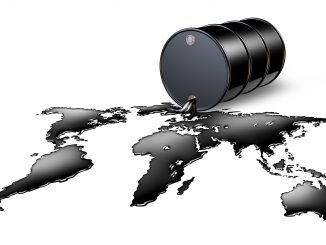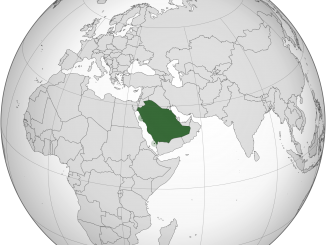
As oil prices continue to rise, the US Energy Information Administration announced an inventory of 1.2 million barrels for the week ending June 29. This comes after three consecutive weekly declines of 19.9 million barrels. On Tuesday, the US Petroleum Institute helped the prices rise by reporting a 4.5 million barrel decline in the same period, and gasoline inventories fell from 3.1 million barrels.
The Energy Information Administration (EIA) reported that gasoline stocks were down 1.5 million barrels in the week ending June 29 after adding 4.5 million barrels over the last two weeks.
Gasoline production averaged 10.3 million barrels per day, with refineries operating at 97.1% of capacity and supplying 17.7 million barrels of crude oil. In distillates, the Energy Information Administration reported a slight inventory build of 100,000 barrels, which was unchanged a week ago. Average distillate output was 5.5 million barrels, up from 5.4 million barrels a week earlier.
Meanwhile, the market was troubled by the latest anti OPEC tweet by US President Donald Trump, which caused prices to fall immediately. The tweet came just days after Trump said that he persuaded Saudi Arabia to add 2 million bpd to daily production. On a separate note, China once again warned it would impose retaliatory fees on US crude oil imports if Washington went ahead with the latest round of planned tariffs, which would cover $34 billion worth of Chinese goods to the United States.
President Rouhani, who is touring Europe to seek support from Western countries signatories to the nuclear deal, warned that any attempt to cut Iranian crude exports to zero would have consequences, suggesting that Iran could close the Strait of Hormuz, which makes for more than a third of world’s oil transported by sea.
In a related context, sales of US crude oil vendors cut their prices to Asian customers, fearing the decline in demand for US oil because of China’s threat to reduce tariffs on US energy imports. Producers in the Middle East may also boost supply in line with OPEC’s agreement to increase production.
US oil vendors are also concerned about possible trade war with China and have been in panic, and China’s purchases have slowed as most refineries are on hold.
The renewed prospect of a US-China trade war threatens to limit US crude oil exports to China, which has been gaining momentum in recent months. Increased trade tension between the United States and China over the past weeks has also threatened China with a 25 percent tariff on crude oil and imports of refined oil products from the United States.
In the event of a drop in US oil exports to China, the biggest winner in the oil trade war will be OPEC.




Be the first to comment